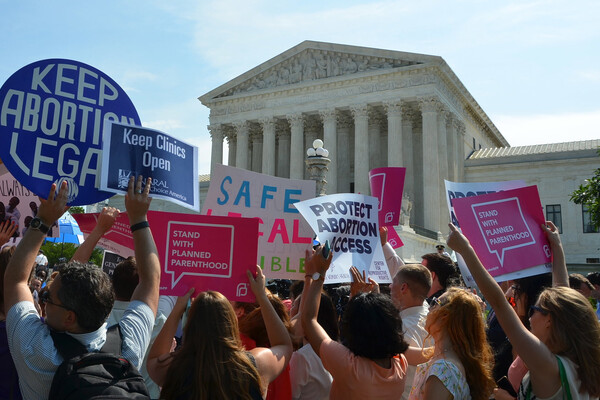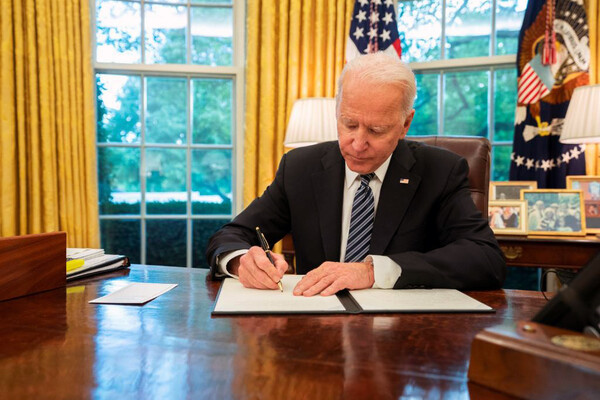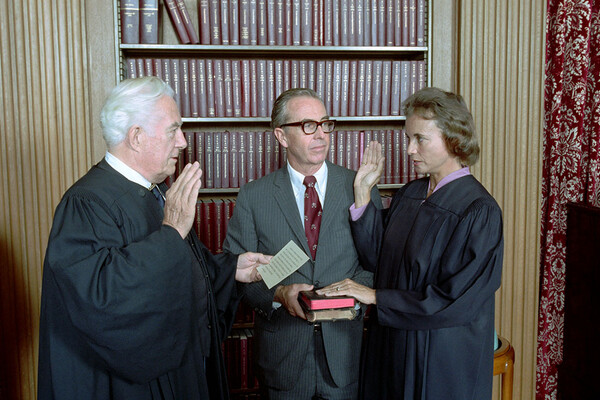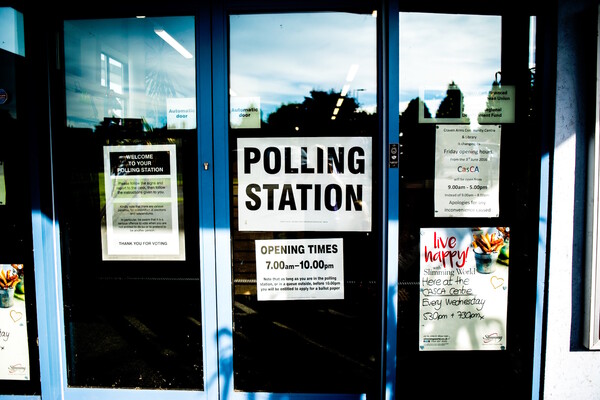11/15
Law
Texas abortion ban
Penn Law’s Serena Mayeri on what the law means and what’s next for Texas and the nation.
HIPAA at 25 remains a work in progress
Anita Allen argues that while HIPAA has delivered meaningful benefits to consumers, it still needs updating to address new and emerging privacy challenges.
Long-term COVID and the ADA
Jasmine Harris, a disability law expert, shares her thoughts on President Biden’s announcement that long-term COVID sufferers could be protected under the Americans With Disabilities Act
COVID-19, protests, and crime
During a summer internship with the Law School’s David Abrams, rising sophomores Caroline Li and David Feng looked at how the COVID-19 pandemic and last summer’s racial justice protests affected America’s crime rate.
Restructuring competition: The Biden executive order and beyond
Antitrust experts from Penn reflect on the significance and likely consequences of the Biden Administration’s approach to competition policy.
Justice Sandra Day O’Connor: 40th anniversary of a historic first
July 7 marked 40 years since O’Connor was nominated to the Supreme Court. Scholar Marci A. Hamilton shares her thoughts on O’Connor’s legacy
Supreme Court decision rules Arizona’s laws constitutional
In Brnovich v. Democratic National Committee, the Supreme Court ruled that Arizona’s election laws—pertaining to out of precinct ballots and whether or not third parties can pick up and deliver absentee ballots—do not violate the Voting Rights Act.
Amani Carter develops a new study on unmasking coded bias
The Class of 2022 law student works to identify biases and ‘stereotype threat’ in AI and help provide context for the conversation around mitigating those biases.
Project reveals ongoing unreported violations of rights with medical deportations
Researchers in the Legislative Clinic at Penn Law and Free Migration Project have released a new report on the use of medical deportations in the U.S.
Asian Americans and Pacific Islanders and mass incarceration
Penn Law student Raymond Magsaysay has an article forthcoming in the Michigan Journal of Race & Law about the absence of Asian Americans and Pacific Islanders in the conversation about criminal justice reform.
In the News
Silk Road creator Ross Ulbricht is waiting for Trump to keep his word—and set him free
Leeza Garber of the Wharton School says that legal questions can’t be neatly isolated from ethical and political ones.
FULL STORY →
Courts restrained Trump in first term. Will they ‘check’ his power again?
Kate Shaw of Penn Carey Law says that the current Supreme Court is less likely to act as a check on presidential power than the Supreme Court of a few years ago.
FULL STORY →
What a Trump presidency might mean for Mayor Adams’s criminal case
Claire Finkelstein of Penn Carey Law comments on the incoming presidential administration and the legal woes of the New York City mayor.
FULL STORY →
Elon Musk wins big by betting on Trump
Cary Coglianese of Penn Carey Law says that Elon Musk might view himself as capable of “turning around the federal government.”
FULL STORY →
What a reelected Trump can and can’t do to sway the Fed
Peter Conti-Brown of the Wharton School says that whether a president can remove the Federal Reserve chair is ambiguous because the law doesn’t explicitly provide “for cause” protection for the role.
FULL STORY →
Election Day 2024: Can people see who I vote for?
Michael Morse of Penn Carey Law says that ballots are anonymous and won’t be connected back to a name when tabulated.
FULL STORY →













